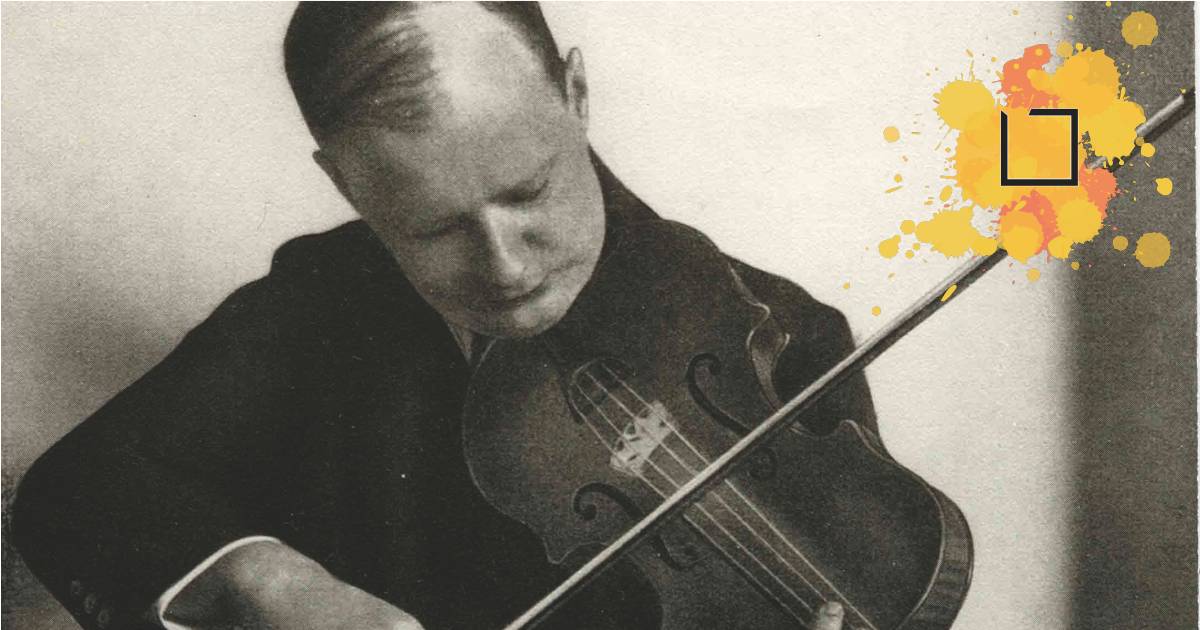
Hindemith and Nazism
Paul Hindemith, a prominent figure in 20th-century music, had a complex and ambivalent relationship with Nazism, which deeply influenced both his life and his music.
Born in Germany in 1895, Hindemith initially enjoyed success as a composer and performer, gaining recognition for his innovative compositions that blended traditional tonality with modern techniques. However, with the rise of the Nazi regime in the 1930s, Hindemith's career took a tumultuous turn.
Hindemith's music was deemed "degenerate" by the Nazis, who viewed his experimental style as a threat to their cultural ideals. Despite this condemnation, Hindemith initially tried to navigate the political landscape cautiously, hoping to continue composing and performing within Germany. He even composed works that aimed to align with Nazi aesthetic preferences, such as his "Mathis der Maler" symphony, which depicted the life of a painter in the time of the Reformation.
However, as the political climate grew increasingly oppressive, Hindemith's position became untenable. In 1938, he emigrated from Germany to Switzerland and later settled in the United States. This exile marked a turning point in his career, as he sought to redefine himself in a new cultural context.
During his time in the United States, Hindemith continued to compose prolifically and became an influential educator, teaching at various institutions including Yale University. Despite his physical distance from Nazi Germany, Hindemith remained haunted by the impact of fascism on his homeland and the fate of his fellow artists and colleagues who suffered under the regime.
In examining Hindemith's ambivalent relationship with Nazism, it is important to recognize the complexities of artistic survival and moral compromise during a dark period in history. While Hindemith made pragmatic decisions to safeguard his career and artistic freedom, he also faced profound ethical dilemmas and struggled with the moral implications of his choices.
Ultimately, Hindemith's legacy extends beyond his musical contributions to reflect the broader tensions between art and politics, individual expression and societal constraints. His story serves as a reminder of the enduring impact of historical upheavals on creative expression and the moral responsibilities of artists in times of crisis.
News,Extra


